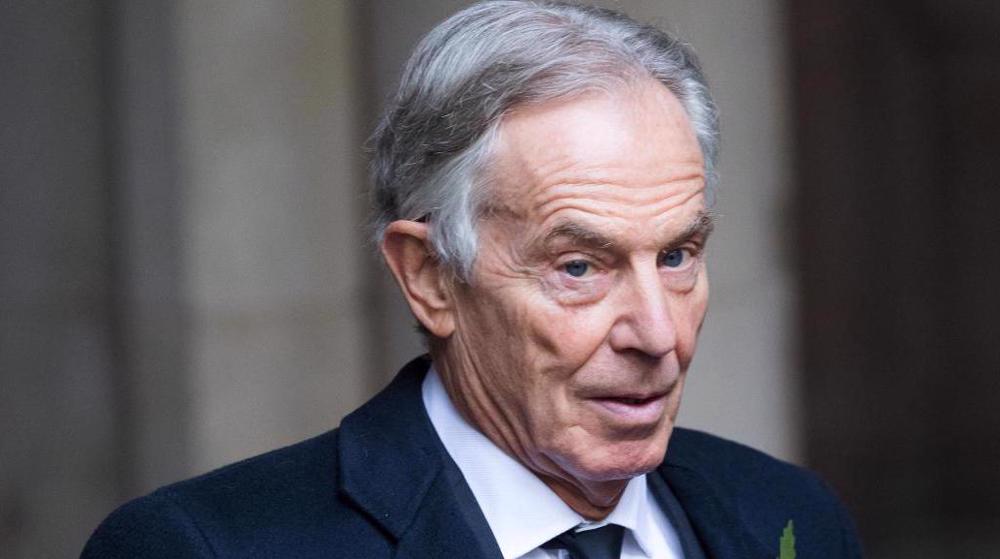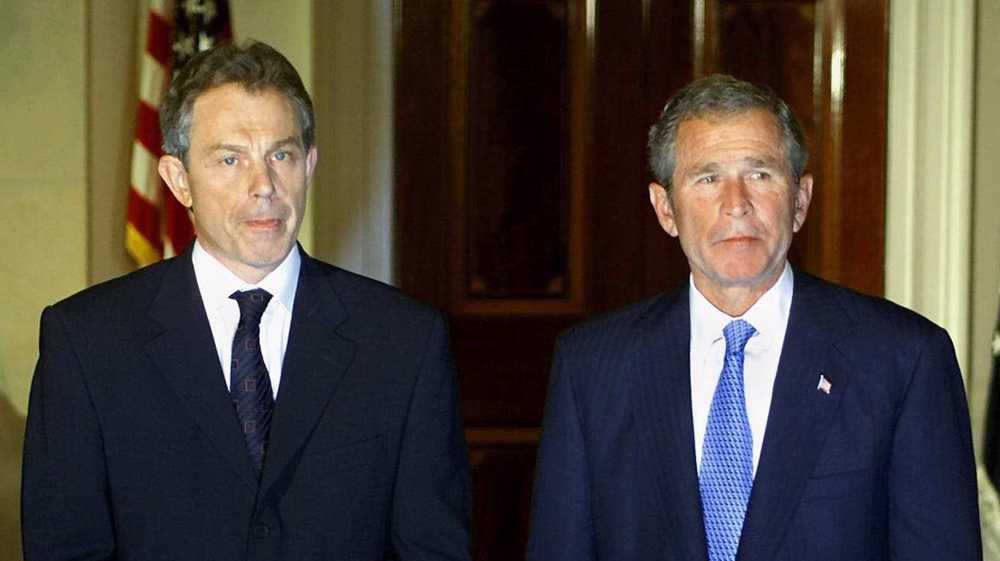UK MPs discussing Syria motion
The UK Prime Minister David Cameron has begun a debate on whether to authorize air strikes in Syria.
"The question is this - do we work with our allies to degrade and destroy this threat and do we go after these terrorists in their heartlands from where they are plotting to kill British people, or do we sit back and wait for them?" he said addressing the parliament.
The debate is going on as Cameron faces calls from Labour, Lib Dem and SNP MPs to apologize for reportedly telling a meeting that opponents of action were "terrorist sympathisers".
The 10-hour debate will end in a vote on whether the UK should join allies in bombing ISIL targets in Syria.
Labour leader Jeremy Corbyn is against the bombing but has given MPs a free vote amid divisions within his own ranks.
Addressing the parliament, Corbyn said the PM's case "doesn't stack up."
He went on adding that only a negotiated, political and diplomatic endeavor can bring an end to the conflict in Syria.
At least 110 MPs from six different parties - including the SNP, which opposes action - have already signed up to an amendment seeking to block air strikes.

157 MPs had applied to speak in the debate, but Labour and the SNP warned that not all would not get a chance and called on the government to clear two Commons days, something that was rejected by Commons leader Chris Grayling.
Cameron warned that if Tory MPs voted against strikes they risked undermining a strong message that the UK was standing alongside its allies already engaged in military action.
According to media reports, of the 640 MPs expected to vote, 362 MPs are in favour of the motion while 175 are against. This comes as of the remainder, 19 are "leaning to" supporting the government, three are "leaning against" while 80 are undecided.

The UK is already providing intelligence, surveillance and other logistical support to countries fighting ISIL in Syria. The country has also carried out thousands of raids on ISIL targets in Iraq since Parliament approved similar action there last year.
A new poll in the UK suggests people in the country are divided over the government of Prime Minister David Cameron’s plans to carry out a bombing campaign against Daesh militants in Syria.
Observers are skeptical about the long-term effects of the US-led airstrikes in Iraq and Syria particularly when it comes to the advancements of the terrorist militants.
"Despite the operations of the US-led airstrikes in Iraq and Syria have not paid off yet and the terrorists are still active in both countries, so it seems unlikely that the joining of the UK would change anything on the ground," a London-based political commentator Hafsa Kara-Mustapha told Press TV’s UK Desk.
VIDEO | 444 days of ethnic cleansing
VIDEO | Bethlehem's Christmas dimmed by war, restrictions
Israel admits assassinating Hamas leader, vows to inflict same fate on Yemeni fighters, people
VIDEO | Yemeni forces repel US-British attack, down F-18 Jet
Iran’s capabilities vast; enemy’s ‘maximum pressure’ policies all failed miserably: Senior official
Iran’s economy grew 2.7% y/y in Sep quarter: CBI
VIDEO | Freelancers in Gaza strive to stay online amid genocide
Mikati demands Israel's withdrawal from south Lebanon










 This makes it easy to access the Press TV website
This makes it easy to access the Press TV website